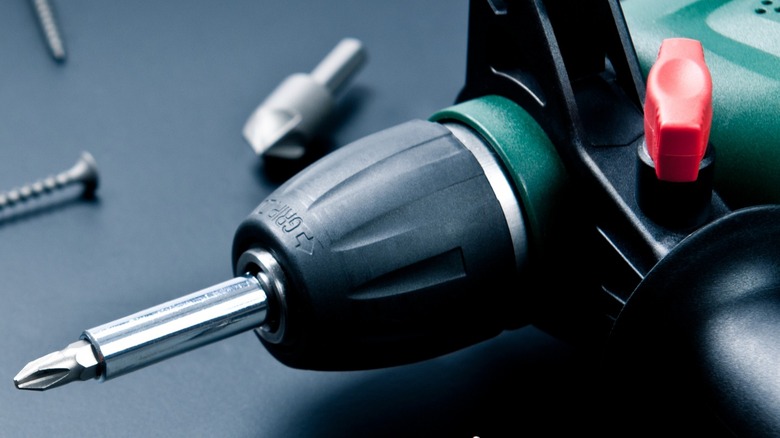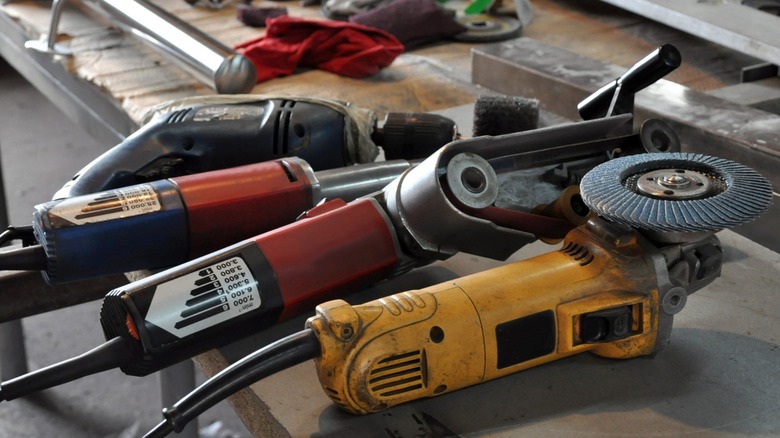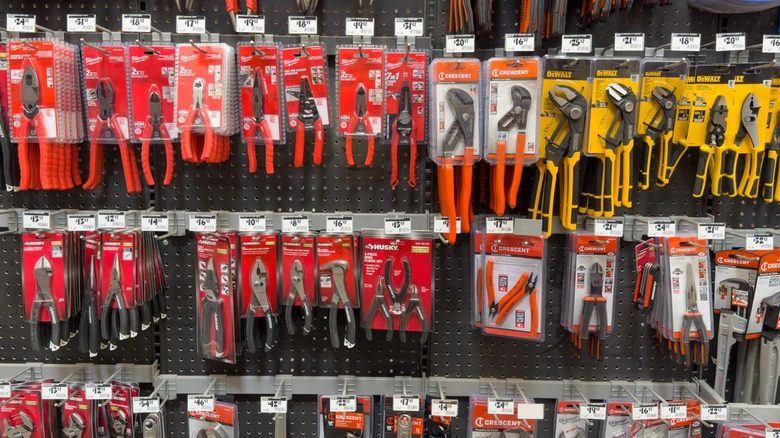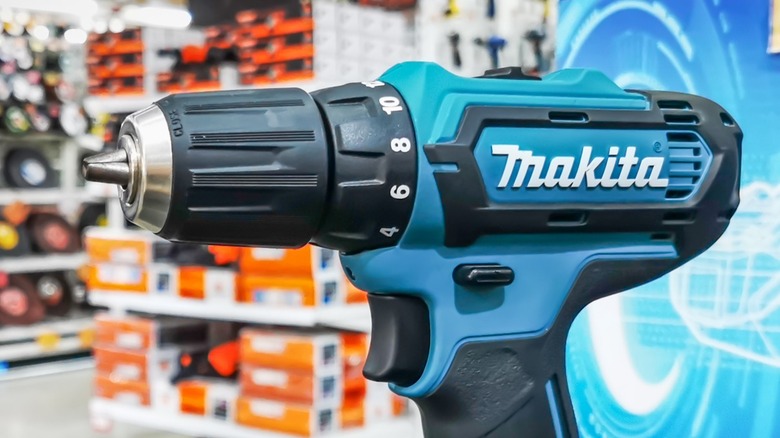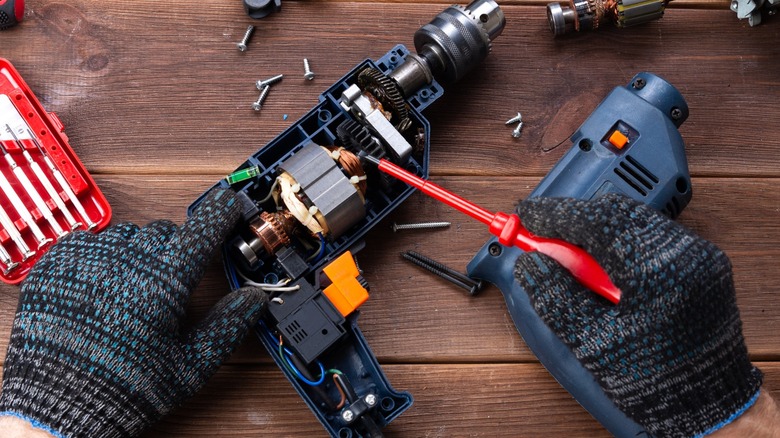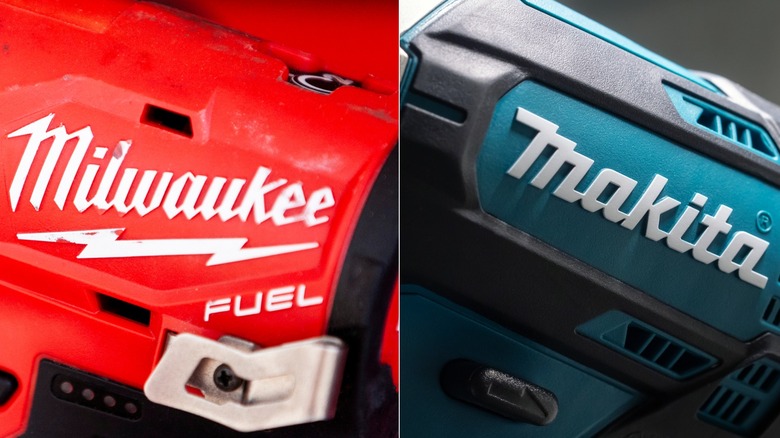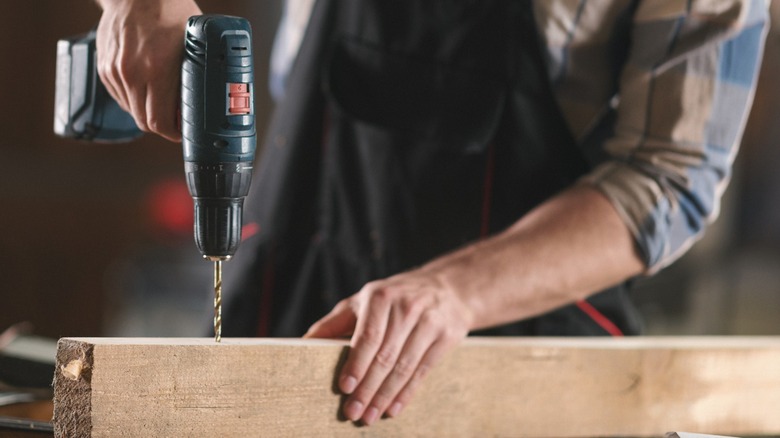Makita Vs Milwaukee: Which Brand Offers The Better Warranty?
Both Makita and Milwaukee are known for the quality, durability, and longevity of power tools. However, each brand's tools are not infallible. Since both manufacturers offer a variety of product lineups, each has multiple warranties in place to facilitate buyers properly.
Milwaukee started in the U.S. in 1924, introducing tools like drilling machines to the U.S. markets. Whereas, its top competitor Makita was started in Japan in 1915, specializing in the sale and repair of lighting equipment, motors, and transformers.
Although not direct competitors initially, these brands eventually introduced competing products and established healthy competition with devoted fanbases.
If you plan to purchase tools from either of these brands, then considering the brands' warranty policies is a great place to start. Comparing warranties across factors like warranty length, coverage scope, ease of making a claim, and repair or replacement policy will determine how effectively each brand supports its customers post-purchase.
It's important to note that the warranty policies discussed below for Makita and Milwaukee apply to the U.S. (varying from state to state). However, the same Milwaukee policy also applies to Canada.
Which offers longer warranties?
The warranty length shows a manufacturer's confidence in the life expected out of the products under normal usage. The same is true for Milwaukee and Makita.
Milwaukee offers a variety of warranty durations to cater to its diverse range of tools. Most of its power tools generally have a 5-year warranty, but sprayers, impact wrenches, compressors, and nailers are covered for 2 to 3 years. Accessories and jobsite equipment have a 1 to 3-year warranty coverage. Whereas LEDs, hand tools, threading handles, hole saws, and mechanic tools have lifetime warranties.
The lifetime warranty is only valid till the "useful lifetime of the product." So, if the tool is designed to last 10 years, you can claim the warranty to replace it in the final stages of its life. Users have reported having their products under lifetime guarantees replaced easily.
In contrast, Makita's approach is simple. It offers three sets of warranties:
- 1-Year General Product Limited Warranty that covers most of Makita's products.
- 2-Year Warranty for ConnectX Power Supply and all emissions-related components.
-
3-Year Warranty for all li-ion tools, batteries, chargers, and pneumatic nailers.
And that's it — no lifetime warranty here.
So, when it comes to warranty duration, Milwaukee is the winner. It generally offers longer warranties, and many of its tools are covered for their lifetime. Most buyers may never claim warranties, but longer coverage durations give a sense of reliability and safety.
Which provides more coverage?
A product's warranty coverage scope defines the extent of protection or post-purchase service a manufacturer is offering against its products. Milwaukee and Makita have coverage scopes that vary from state to state in the U.S., but each company's policy is mostly the same.
Both power tool manufacturers warrant buyers that the product they've bought has no material or manufacturing defect. However, if you read the policies fully, you'll find exclusion and limitation clauses. Through these, both companies disclaim liability for losses or damages you suffered because of genuinely faulty products. Fortunately, some states (like Kansas, Connecticut, Maine, and others) have laws that don't allow this limitation. If you happen to live in one of those states, consumer protection laws give you added protection. Otherwise, the coverage scope for you is limited to the faulty product.
Both brands limit and exclude liability where each can, even though both brands warrant products for generous lengths. So, both companies are mostly the same when it comes to coverage.
Which warranty is easier to claim?
The ease of making a warranty claim depends on two factors: the claim process and the customer service.
Making a warranty claim at both Milwaukee and Makita is fairly simple. You return the product (at your own expense) along with all of its accessories to authorized repair centers or factories. The company examines the product and lets you know if it's a misuse or an actual manufacturing fault. The only difference is that Milwaukee requires purchase receipts to determine warranty duration while Makita doesn't. Although, you should always keep the purchase receipts.
In case you've lost the receipt, Milwaukee looks at the product's manufacturing date instead to calculate your remaining warranty. If your tool was manufactured significantly before your purchase date, your coverage period may shrink enough to fail your claim.
When it comes to customer service, buyers have mixed customer service experiences from both brands. Generally, buyers consider both to be responsive and cooperative. But where each company has mostly positive reviews on places like Reddit, each has negative ones, too.
Since customer service is subjective and hard to generalize, we're only left with the process. Milwaukee is strict with purchase receipts, which adds to the customer's responsibility. With Milwaukee's receipts, you have one more thing to worry about. Makita, in contrast, doesn't require it, simplifying the claim process for you. So, Makita is clearly the better choice here.
Which has a better repair or replacement policy?
Once either Milwaukee or Makita concludes that its product is faulty, both brands will repair or replace the defective component within. It sometimes replaces the whole product, too, but it's at the company's discretion to decide when to do so. If either brand replaces something free of charge, then it was covered under your warranty. Alternatively, if Milwaukee or Makita bills you for it, understand that it was probably normal wear and tear of the product instead of a defect, and the company is charging you for servicing it.
Components for the multitude of products like brushes, cords, or o-rings, are automatically excluded from the warranty if either of the brands concludes that these components have lived their life and are naturally worn out. However, for the repairs and replacements to be considered under warranty, both brands generally have the same conditions.
- You should not have attempted to fix the tool yourself.
- You should not have altered the tool (to personalize or customize it in any way).
- No third-party technician should have attempted to fix the tool.
If you're concerned about the warranty coverage, try to keep your tools in good condition, and only trust the seller with them for repairs. Both brands have very similar policies here.
Which warranty is easier to understand?
Warranties that are too complicated and unclear for everyday buyers to understand always set wrong expectations about what is covered and for how long. If buyers develop unrealistic or false expectations, they can get frustrated at the time of the claim and may decide never to buy from the brand again.
Milwaukee has a very comprehensive warranty. It has over 25 different types of policies catering to multiple classes of tools separately. However, most of these policies have different limitations and exclusions. Though this comprehensiveness does tell that Milwaukee wants to cover every product in detail, this variety makes up for a lot of moving parts — which can be complicated for regular buyers to understand. For instance, the lifetime warranties are valid till the useful life of the product, but Milwaukee doesn't define how long that lifetime is.
Comparatively, Makita has a much shorter warranty policy. The language has less legal jargon and seems fairly easy and straightforward to understand. Makita has categorized all of its products under three, simple warranties, which makes it way less complicated compared to Milwaukee. But most of all, the exclusions and limitations are the same throughout. Makita mentioned these separately, and in layman's terms.
A clear and understandable warranty can influence purchasing decisions, and apparently, Makita understands this.
Which brand offers the better warranty?
With two draws, two wins for Makita, and one win for Milwaukee, we can safely say that Makita has a better warranty offering overall. It's easy to understand and sets the right expectations — and knowing your warranty is the key. You're clear about what you're paying for, instead of purchasing under a false belief that the manufacturer has your back no matter what. The other reason for Makita's better warranty is its simple claim process, which is less troublesome for buyers.
Milwaukee does offer longer and product-specific warranties, giving a higher sense of reliability and confidence to buyers. The longer warranties also somewhat justify the brand's product prices, which are generally considered to be higher than Makita's tools. At the end of the day, it will all boil down to your experience with either brand when you're actually claiming the warranty.
It's a wise idea to check out the specific coverage for the product you're buying beforehand. If, for any product, you find clearer and longer coverage at Milwaukee — or even other trusted brands like DeWalt, Craftsman, or Bosch — compared to Makita, go for it. Just be sure to confirm that the brand honors warranties like Milwaukee and Makita do.
Our methodology
Milwaukee and Makita were compared based on a criterion that ensures maximum benefit for the buyer. A warranty is good, if it's long, covers a great deal of damage, is easy to claim, can be extended, and is clear enough to understand.
We vigorously researched both brands to assess which is better. The information provided in this post comes from a close inspection of Milwaukee and Makita warranty policies, a first-hand experience with consumer laws, and the warranty claim experiences Redditers shared.
All specific quantities and policies have been double-checked, and are correct for the U.S. Details may vary from country to country.
